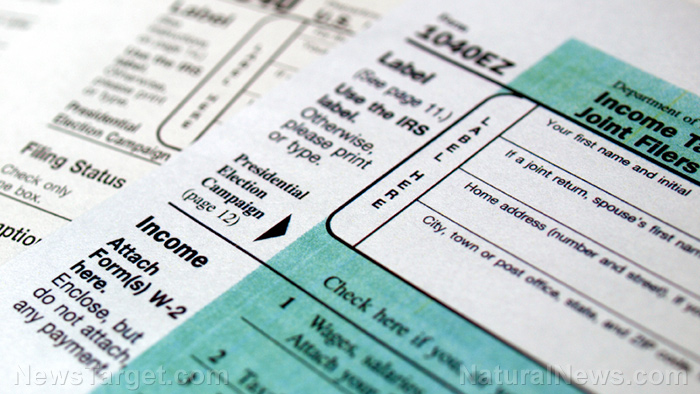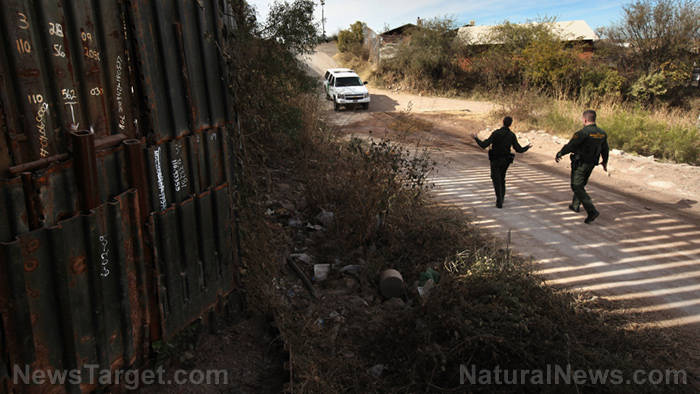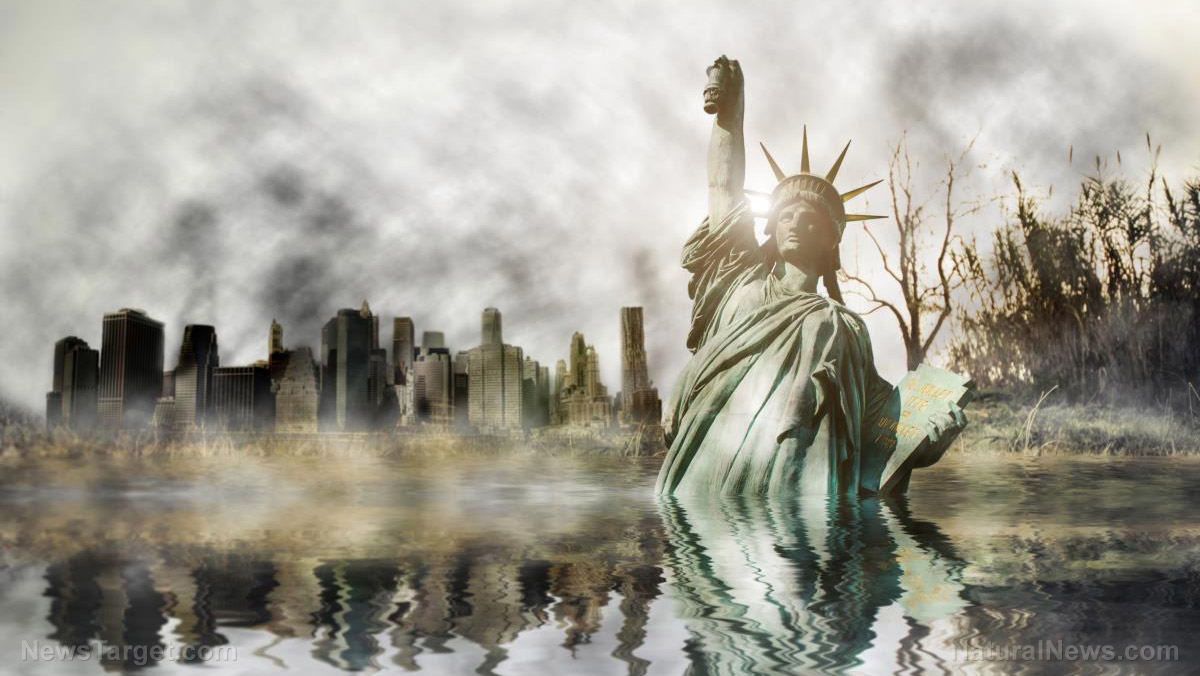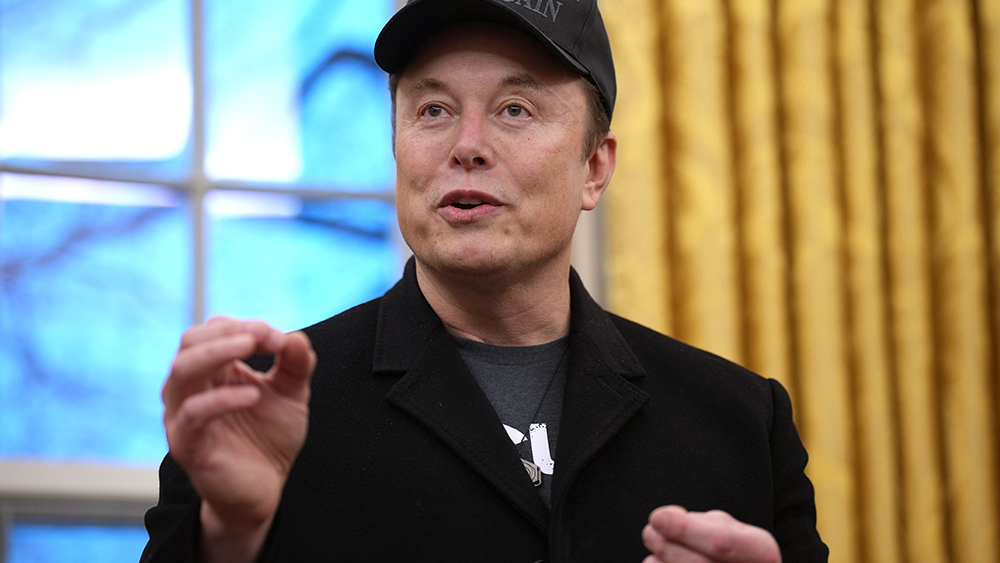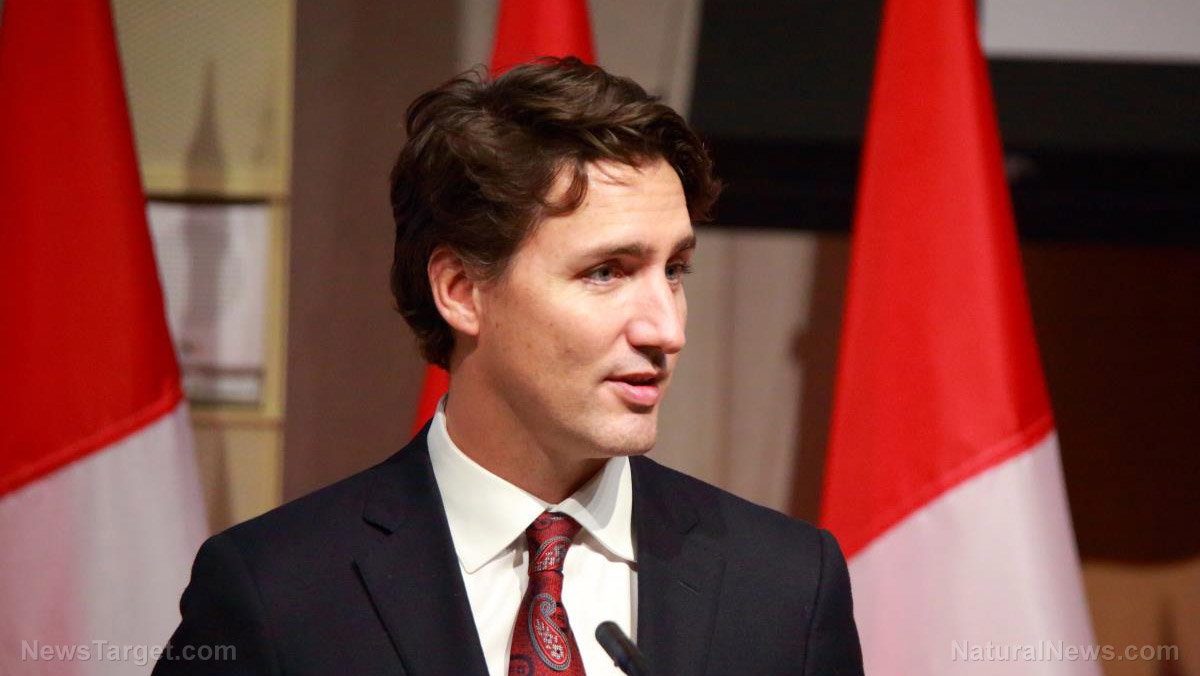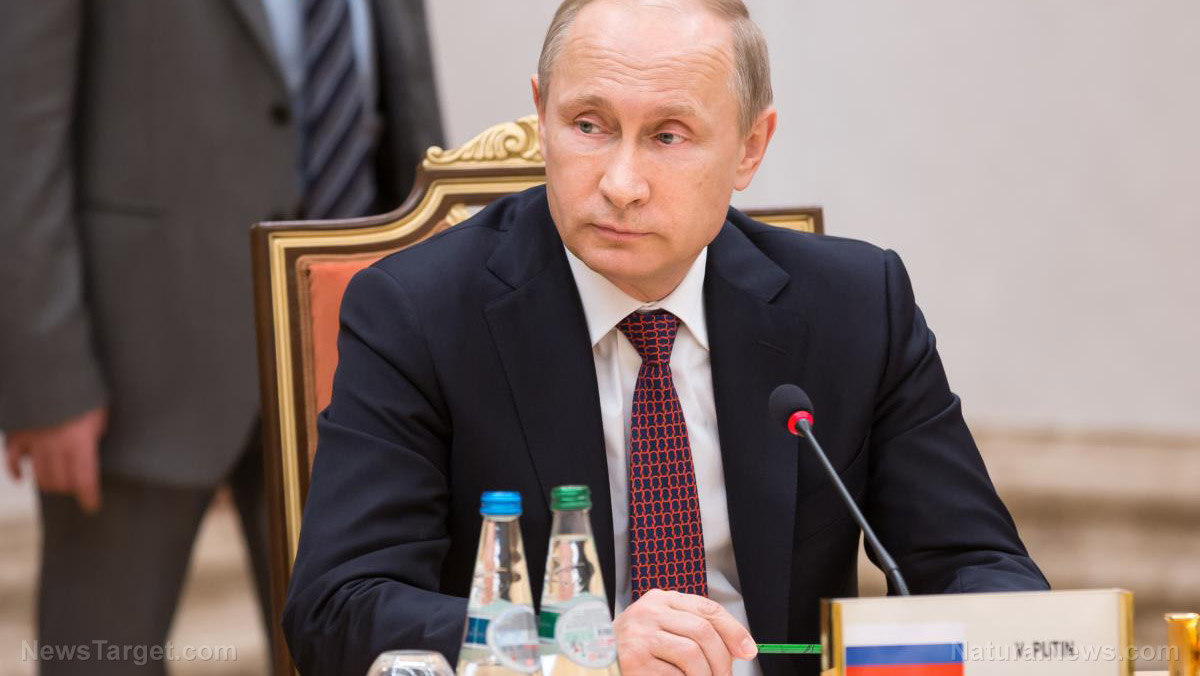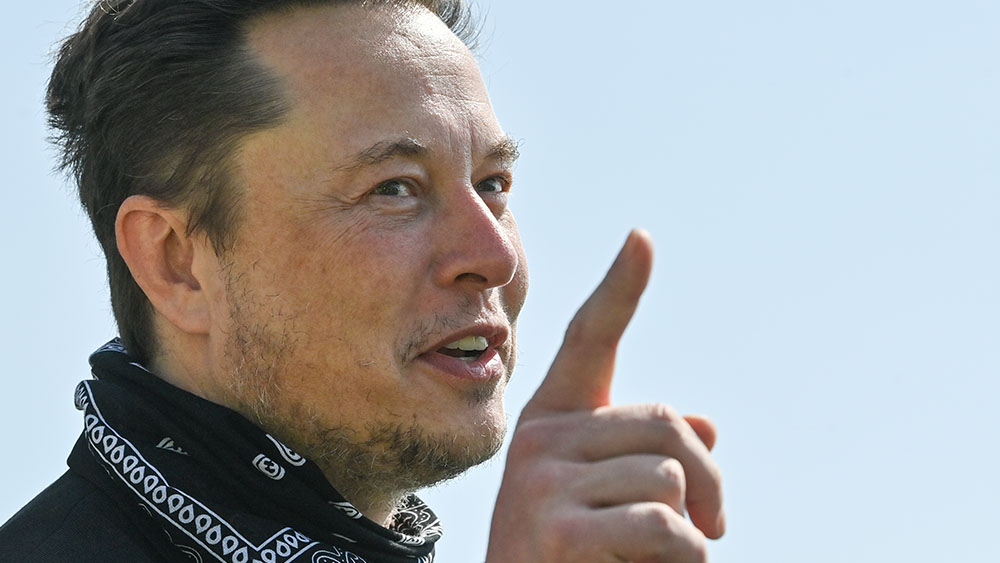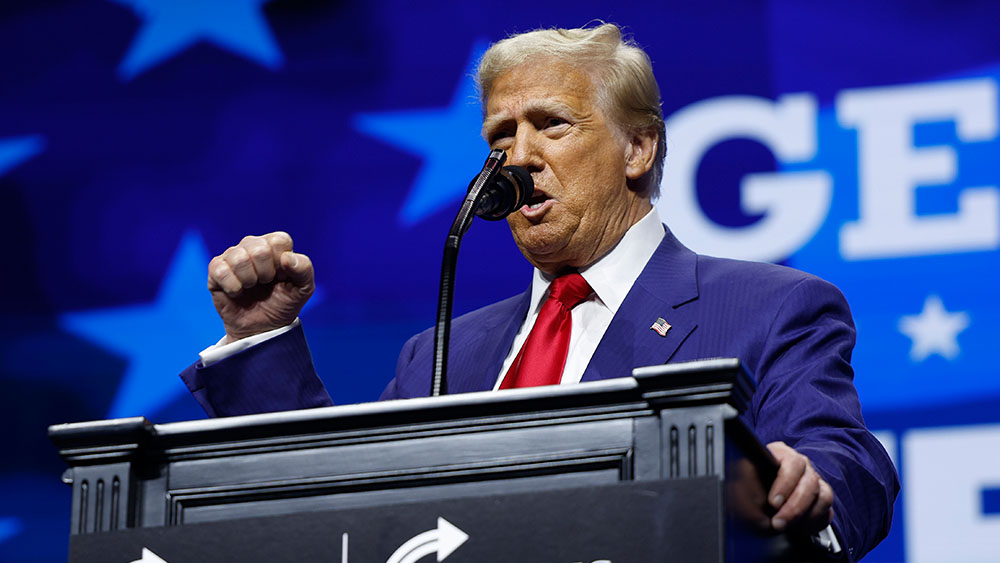EU’s energy crisis: A path to economic ruin or a wake-up call?
02/23/2025 / By Willow Tohi

- Hungarian Prime Minister Viktor Orban warned that the EU’s decision to phase out Russian energy could “kill” the EU economy due to soaring energy costs and reliance on more expensive liquefied natural gas (LNG) imports.
- Orban highlighted that high energy prices, particularly in energy-intensive industries, have led to a 10% to 15% production decline, threatening the EU’s economic strength and technological advancement.
- Orban criticized the EU’s sanctions on Russia, arguing that they are more harmful to European economies and have not led to a decrease in energy prices.
- The Hungarian leader expressed hope that a resolution to the Ukraine conflict could ease the economic strain, though he doubts Brussels, Berlin, or Paris will make policy decisions that benefit Hungary.
Hungarian Prime Minister Viktor Orban has issued a stark warning: the European Union’s decision to phase out Russian energy could “kill” the EU economy. His remarks, made during a regular Friday interview on Kossuth Radio, highlight a growing concern about the bloc’s energy policy and its impact on economic stability.
The energy price surge: A self-inflicted wound?
The EU has faced soaring energy costs in recent years, particularly after it chose to cut ties with Russian energy resources. This shift has led to a heavy reliance on more expensive liquefied natural gas (LNG) imports, primarily from the United States. As a result, natural gas prices have reached their highest levels in two years, prompting Brussels to consider implementing a price cap.
Orban emphasized the gravity of the situation, stating, “In Hungary, we will continue to reduce energy prices, but I see that the West is unable to take this path, and Europe will continue to face high energy prices, which will slow down and kill the economy.” He pointed out that while Hungary is managing to keep utility bills low, the rest of Europe is struggling to do so, making economic development more challenging.
EU competitiveness: Falling behind
Orban’s concerns extend beyond immediate energy costs. He cited the EU’s European Competitiveness Declaration, which aimed to reduce energy prices, and expressed deep worry that “our great joint promise will not be fulfilled.” The Hungarian leader noted that the EU’s productivity is lagging behind global competitors, and the bloc’s share in international trade is shrinking.
“Production in energy-intensive industries that are vital for the bloc’s economy has fallen by between 10% and 15%,” Orban claimed. These industries, which include manufacturing and chemicals, are crucial for the EU’s economic strength and technological advancement. The decline in productivity is a red flag for the bloc’s long-term economic health.
Hope for peace and economic relief
Orban did offer a sliver of hope, suggesting that a resolution to the Ukraine conflict could bring some relief. “Peace may have a positive impact on the entire European economy, but I do not expect any policy decisions from Brussels, Berlin, or Paris that could positively affect Hungary’s economy,” he said. The prospect of peace is not just a political victory; it could also ease the economic strain caused by the conflict and the subsequent sanctions.
Sanctions: A double-edged sword
In a separate interview, Orban called for the EU to abandon its policy of sanctioning Russia, arguing that the sanctions are more harmful to European economies than to Russia’s. “The EU’s sanction regime should be reviewed, because with such a policy of sanctions, energy prices will not come down,” he stated.
Orbán, who has maintained a warmer relationship with Russia compared to many of his European counterparts, has consistently opposed these sanctions. He leveraged exceptions during previous rounds of sanctions that allowed Hungary to continue importing Russian oil and gas, which he deems essential for Hungary’s economy.
The Hungarian leader also predicted that President Donald Trump’s victory would lead to a shift in U.S. support for Ukraine, reviving Hungary’s sputtering economy, which is currently in a technical recession. “The pro-peace presidential candidate won, and now we are waiting for peace,” Orbán said.
Historical context: A cautionary tale
The EU’s struggle with energy prices is not new. Historically, the bloc has grappled with balancing environmental goals, energy security and economic stability. The decision to phase out Russian energy was driven by geopolitical tensions and a commitment to reduce dependency on a single supplier. However, the rapid rise in energy costs has exposed the vulnerabilities of this strategy.
The EU’s transition to more expensive and less reliable energy sources has been compounded by global supply chain disruptions and the ongoing conflict in Ukraine. The resulting economic strain is a stark reminder of the interconnected nature of global energy markets and the critical need for diversified and resilient energy policies.
Conclusion: A call for reevaluation
As the EU continues to face mounting economic challenges, Viktor Orban’s warnings serve as a call to action. The bloc must carefully reevaluate its energy policies and consider more sustainable and economically viable solutions. The path forward may require a balance of environmental goals, energy security and economic stability, ensuring that the EU’s economy does not become a casualty of its own policies.
The EU’s leaders must take heed of Orban’s warnings and work towards a more comprehensive and adaptive energy strategy. The future of the European economy may depend on it.
Sources include:
Submit a correction >>
Tagged Under:
big government, debt collapse, economy, electricity, energy crisis, energy supply, European Union, new energy report, power, power grid, Russia, sanctions, Ukraine, Viktor Orban
This article may contain statements that reflect the opinion of the author
RECENT NEWS & ARTICLES
COPYRIGHT © 2017 COLLAPSE.NEWS
All content posted on this site is protected under Free Speech. Collapse.news is not responsible for content written by contributing authors. The information on this site is provided for educational and entertainment purposes only. It is not intended as a substitute for professional advice of any kind. Collapse.news assumes no responsibility for the use or misuse of this material. All trademarks, registered trademarks and service marks mentioned on this site are the property of their respective owners.

